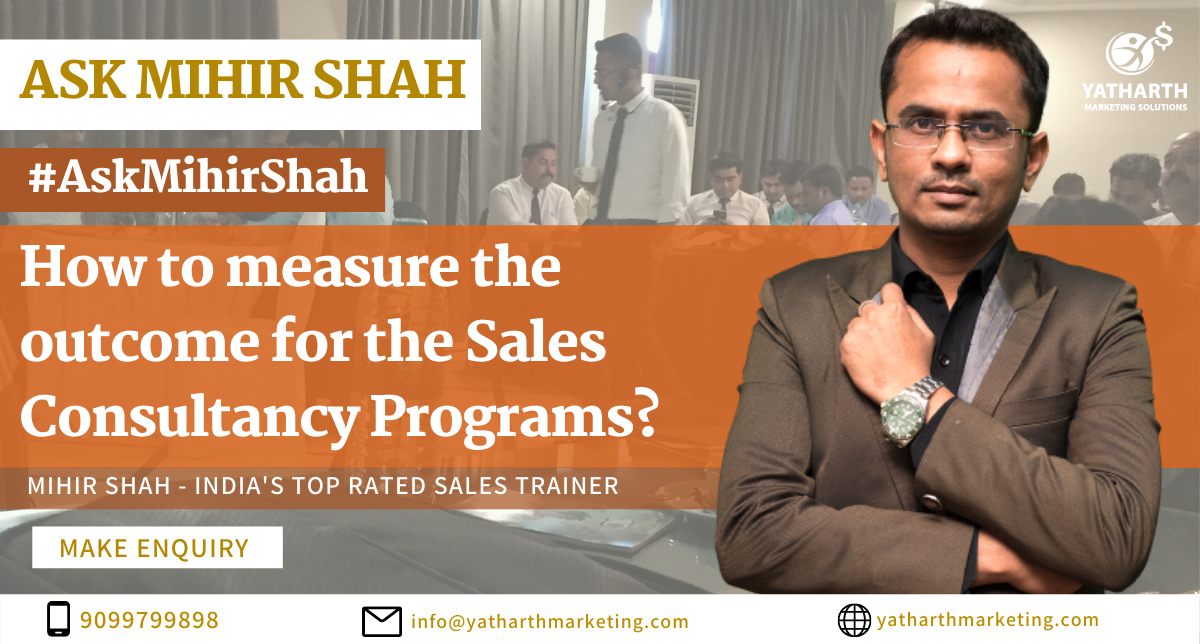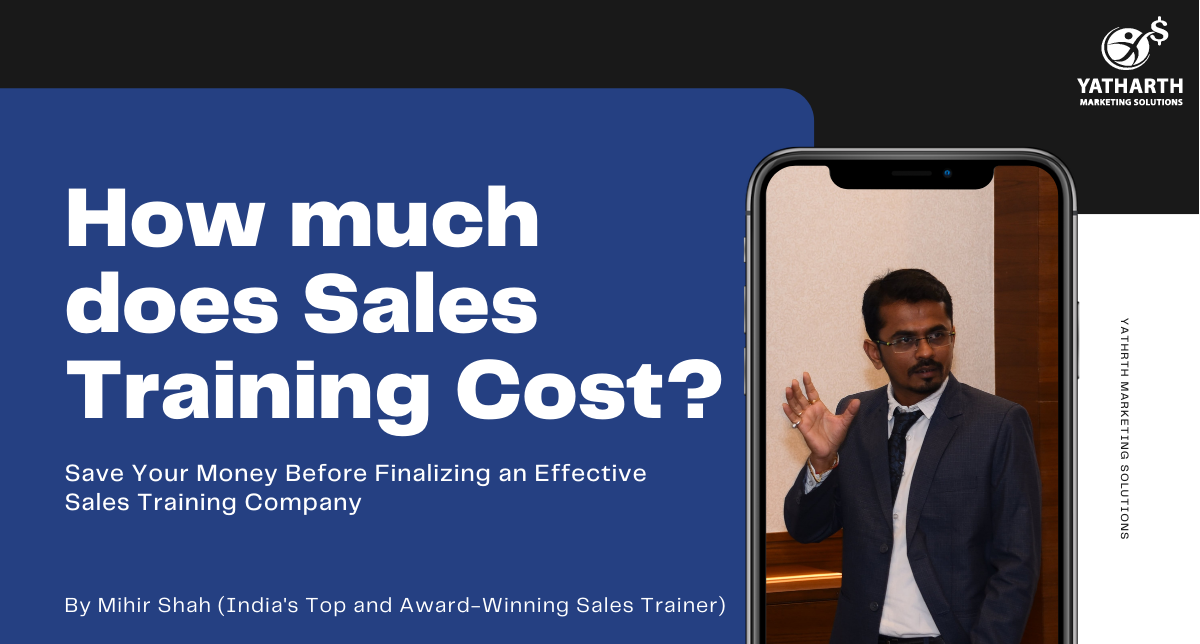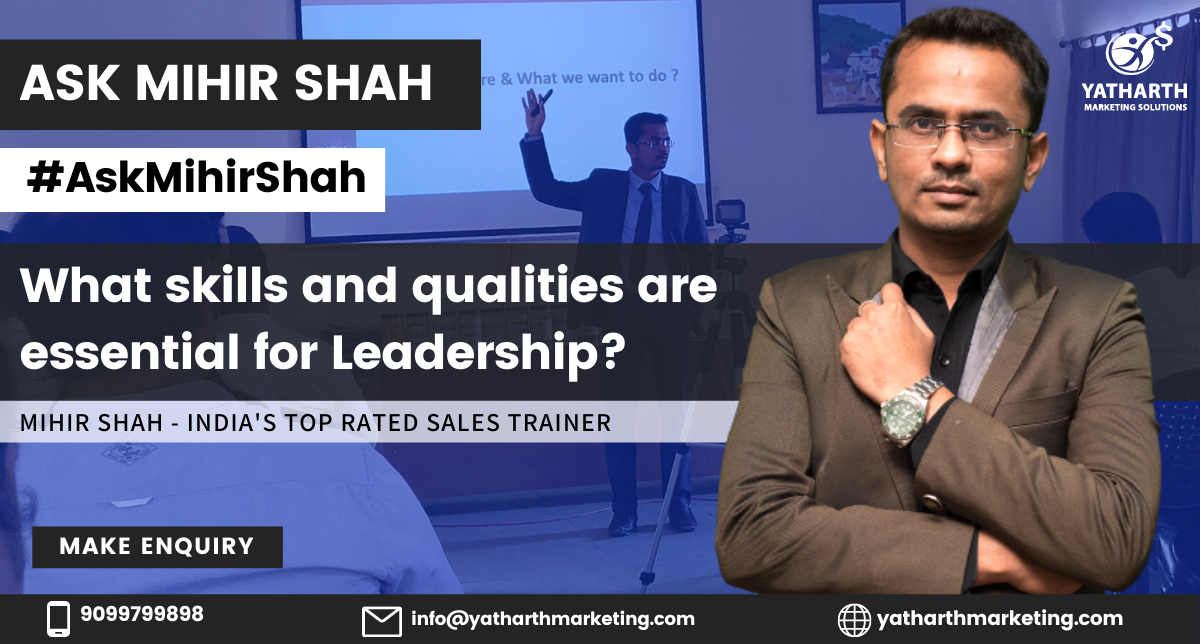Measuring the outcome can be powerful as it helps the company at an individual level and at the organizational level as well. At the individual level, sales professionals gain a better understanding of where they need to improve their skills. At the organizational level, leaders enjoy an overall view that indicates where they have broad measures to shape a team. This mix of a broad and focused view of effectiveness is important to sustain selling skills.
However, many selling organizations struggle to measure the outcomes of the consultancy. Why? it’s not clear which metrics are meaningful, some metrics are unavailable too.
Measurements can be categorized into three main categories. The three categories are Engagement, Effect, and Experience.
Engagement:
Engagement seeks to answer how the company is progressing through consultancy. To answer this question, leaders must know what portion of the company is enrolled in consultancy. Engagement is an ever-present characteristic of effective consultancy.
Experience:
The experience asks how memorable consultancy is and how excited the company is to participate. The experience of consultancy matters, because it drives adoption. If the learning experience is inconsistent, then there is little chance that the company will stick with it.
Effect:
Effect asks if sales consultancy has improved business outcomes and skill adoption. The company will be more committed to the process if they can see a clear line connecting the process used in consultancy to skills they believe will create success in their careers.
It is also important to remember that the measurement plan that works is one that can be easily implemented. Therefore, rather than finding ways to discover missing data, companies should think about how to use the information already present to them. Most organizations will observe that they have a small collection of meaningful data that could be pulled from their systems easily.


